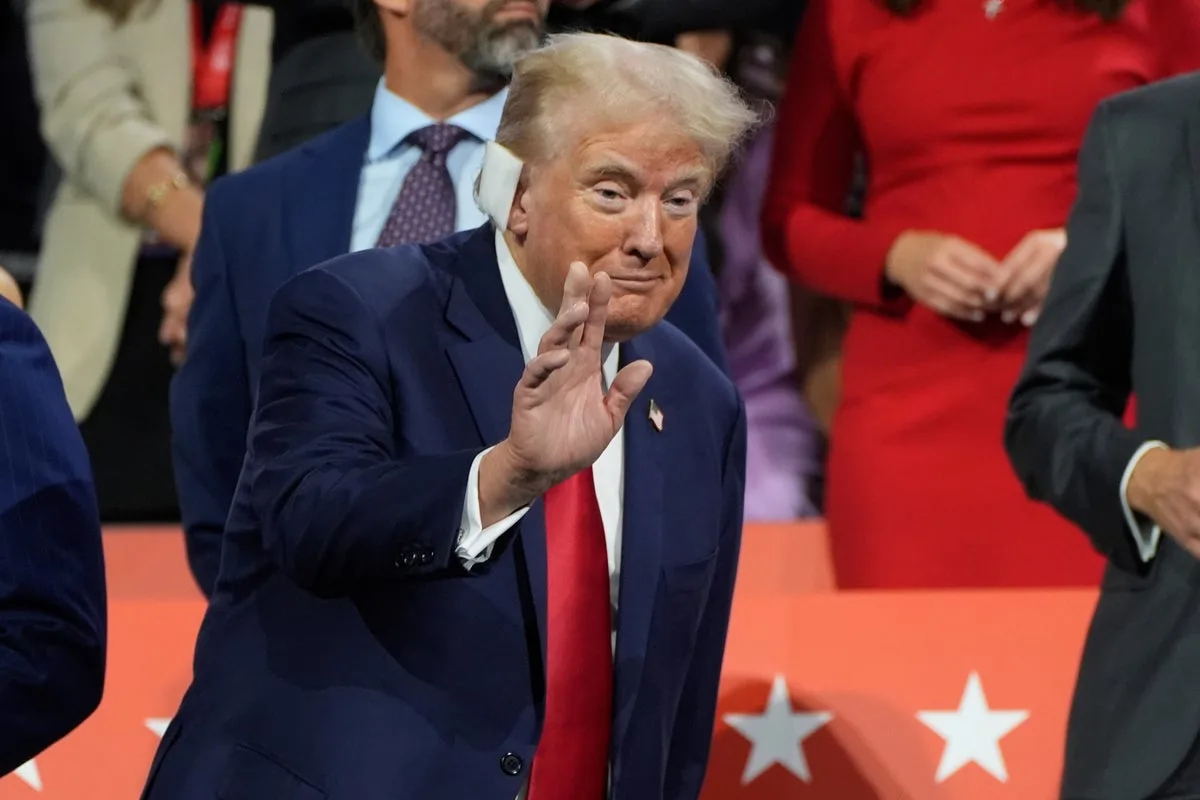Iranian hackers, according to the FBI, tried to pique the attention of Biden staff members using information from the Trump campaign.
Iranian hackers sought to interest President Biden’s campaign in information stolen from the rival campaign of former President Donald Trump, sending unsolicited emails to people connected to the Democratic president in an effort to interfere in the 2024 election, the FBI and other federal agencies said Wednesday.
There’s no evidence that any of the recipients responded, officials said, preventing the hacked information from surfacing in the final months of the closely contested election.
The hackers sent emails in late June and early July to people who were associated with Mr. Biden’s campaign before he dropped out. The emails “contained an excerpt taken from stolen, non-public material from former President Trump’s campaign as text in the emails,” according to a U.S. government statement
In late July, officials with the FBI, the Office of the Director of National Intelligence and the Department of Homeland Security said that Tehran had started a campaign that was working to weaken Trump’s candidacy, while Russia was attempting to do the opposite.
Last month, sources told CBS News that the FBI was investigating whether Iranian hackers had targeted people associated with both the Trump and Biden-Harris campaigns.
In response to the revelation, Harris campaign spokesperson Morgan Finkelstein told CBS News in a statement Wednesday evening that “we’re not aware of any material being sent directly to the campaign,” adding that “a few individuals were targeted on their personal emails with what looked like a spam or phishing attempt
According to the FBI, Iranian hackers attempted to engage President Joe Biden’s campaign by offering stolen information from Donald Trump’s campaign.
This effort involved sending unsolicited emails containing excerpts from confidential documents related to Trump’s campaign to individuals associated with Biden’s team during late June and early July 2024.
Officials confirmed that there is no evidence that any recipients responded to these emails, thereby preventing potential disruption in the lead-up to the 2024 election.

